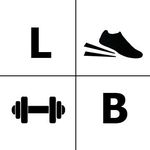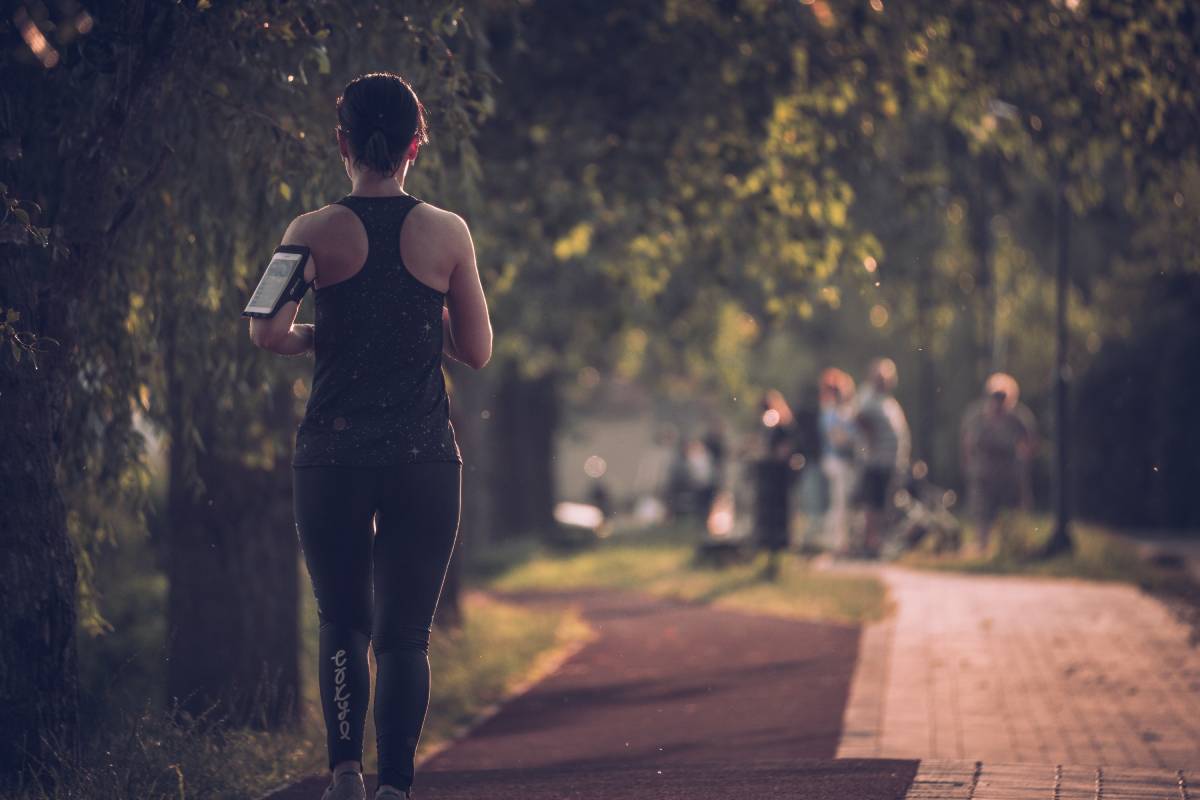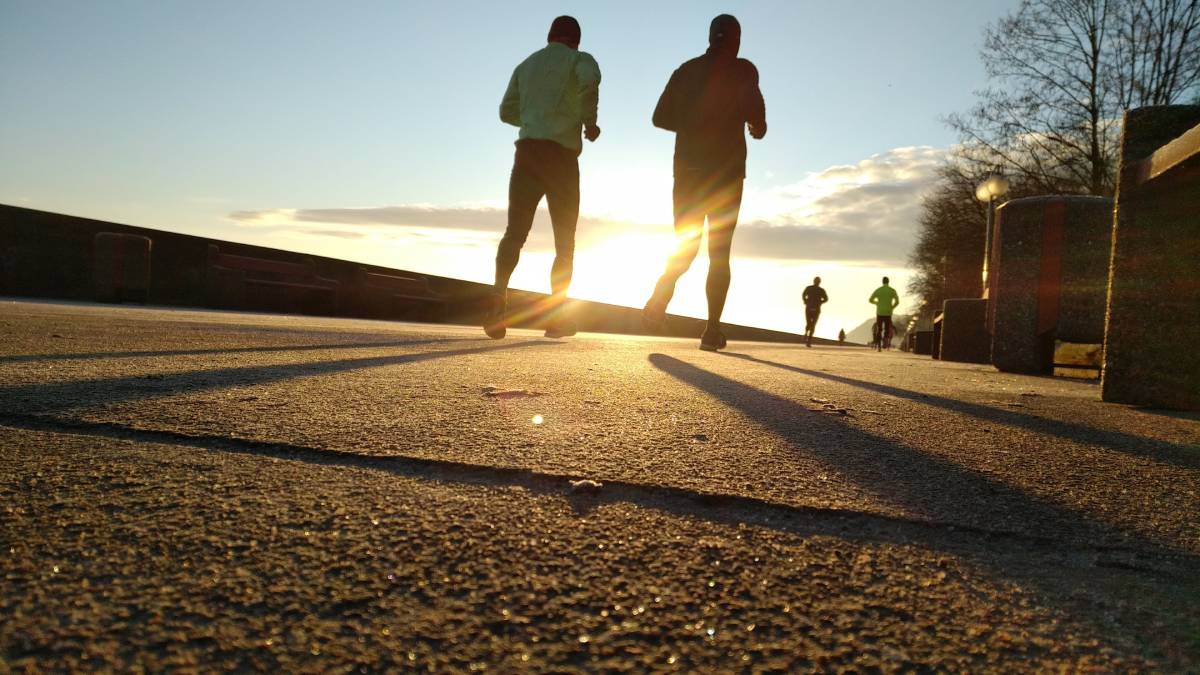Getting better faster, billing more, and continuing to move
At 3:00 a.m., I woke in a cold sweat. My head throbbed. The prior night, I was working in the office until after 8:00 p.m. I came home feeling tired, but after a long day in the office, that’s normal.
“It’s got to be COVID,” I thought. This is going to be interesting, but let’s see if I can get through this illness quickly, avoid losing too many billable hours, and maintain my most basic exercise goal—three workouts per week.
Illness will Knock you Down Eventually
Whether you’re an M&A lawyer who feels like you get sick after closing every major deal or a prosecutor who hasn’t had more than the sniffles in years, everyone will eventually face an illness likely to challenge their nutrition and exercise habits.
When I find myself fighting a common cold, flu, or even COVID-19, I use these research-based approaches to nutrition and exercise to get through it as quickly as possible.
Nutrition
When I was a child, there were times I remember not minding being sick. I got to stay in bed, miss school, and typically could eat whatever ‘sounded good’ at the time. I’d often eat toast with cinnamon sugar on it, protein shakes made with ice cream, and I almost never touched a vegetable.

Fast forward to life as a Biglaw attorney, and a minor illness is now a serious disruption. There is no billable hours budget relief, client demands stack up, and life continues to move.
Instead of relaxing my nutrition standards like I did as a child, I now view a pending illness as a time to ramp up my nutrition focus. While you can generally get away with a poor diet for a short period of time, that is not the case when ill. An illness is the ideal time to eat what is healthy, not what sounds tasty.
Vegetables
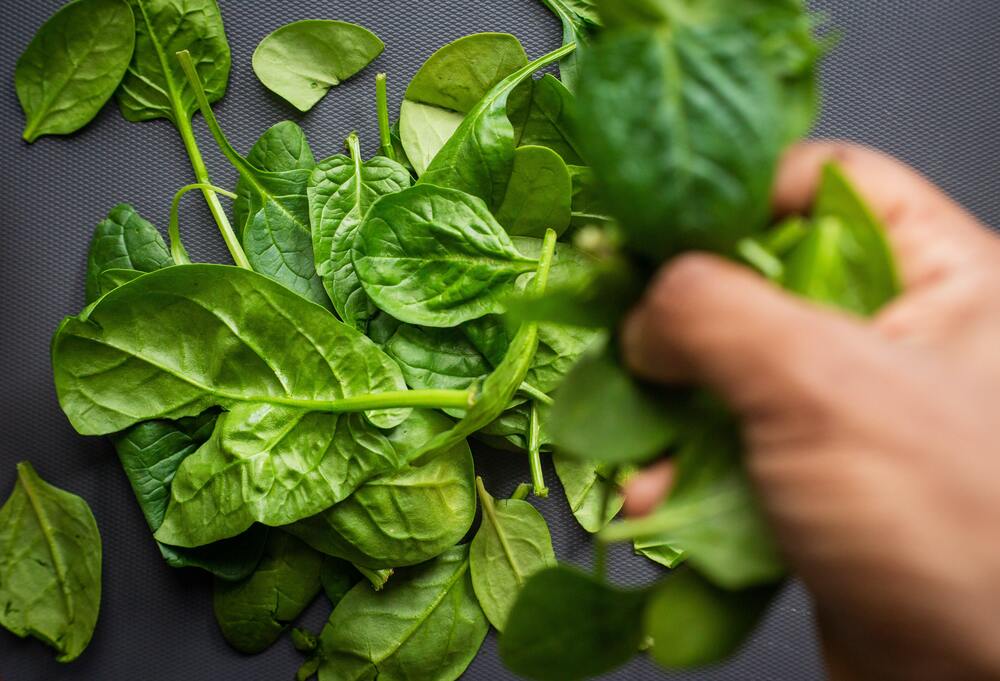
Vegetables, particularly nutrient-dense vegetables, provide our bodies with fuel to repair cells, improve our immune-focused microbiomes, and provide us with antioxidants to fight free radicals. While I always try to eat at least one serving of vegetables each day, when I’m sick, I elevate eating one or more servings to a necessity. Easy ways to get more vegetables when you are ill are to throw in a handful of spinach into a soup or add vegetables to whatever you are heating up for lunch.

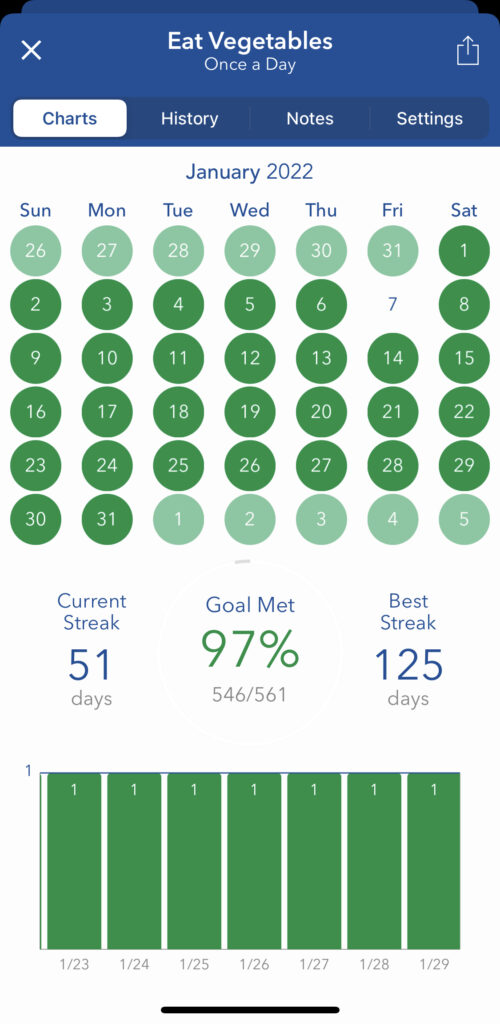
Sugar
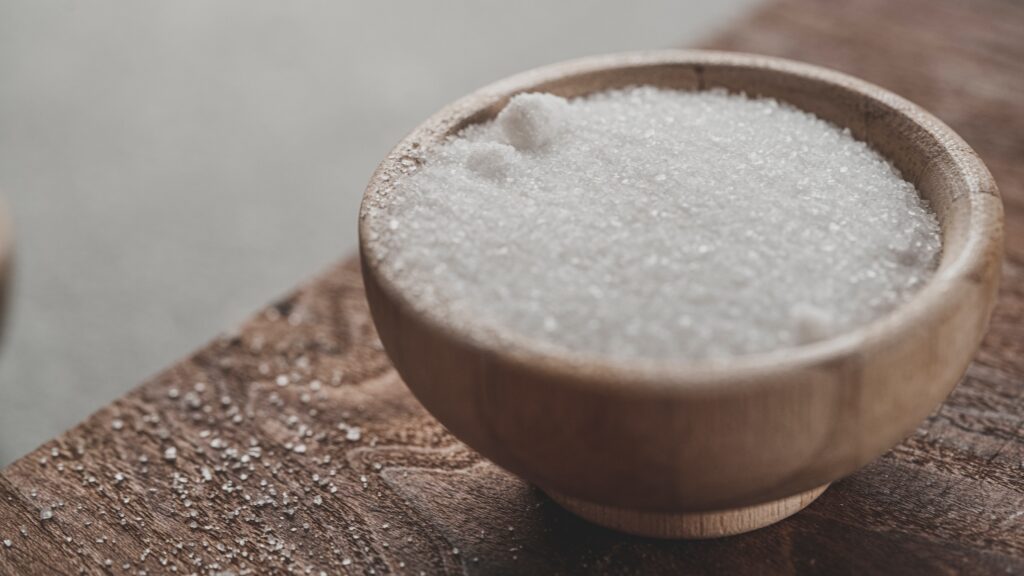
When I was a teen, I heard a youth pastor swear that if he drank soda when he was around a sick person, he would always become sick. At the time, I thought this was superstitious nonsense. Later, I read several articles about how short-term high sugar intake spikes insulin levels, and reduces your immune system’s response for about five hours. When your immune system tanks, you’re far more likely to become—and stay—ill.
When I’m trying to avoid becoming seriously ill or recover more quickly, I severely limit my sugar intake. I avoid sugary drinks, reduce or eliminate eating ice cream, and I try to space my sugar consumption throughout the day. Again, the goal is to avoid taxing your immune system, which is already working overtime.
Supplements
There’s a lot of controversy about the value and efficacy of supplements. Part of the difficulty of demonstrating the value of supplements is due to the lack of companies that would pay to sponsor a clinical study for one or more supplements when they do not have, and could not obtain, patent protection (you can’t stop other people from selling vitamin E). Similarly, the product margins are likely too low to justify the expense of running a controlled clinical trial in hopes of demonstrating clinical efficacy. Thus, even if it were possible to demonstrate the value of supplements through a clinical trial, it might take many months or years of consistent use and monitoring to demonstrate their value.
For me, I take supplements when I’m fighting an illness or feeling ill. While I think there’s a good chance that my immune system appreciates the vitamin boost, even if the benefit is entirely due to the placebo effect, it is still worth it to me because feeling better when I’m not fighting an illness is the primary goal, right?
I typically take EmergenC Immune+ or else a combination of a daily multivitamin plus extra zinc, vitamin D, and magnesium. Some studies suggest that there are some benefits to vitamin C and zinc, two of the primary vitamins in EmergenC. Taking EmergenC is quick and easy; it can be added to water and I like the way it tastes.
Sleep
A 2015 publication found that individuals sleeping less than 6 hours had an increased likelihood of developing a clinical cold. This association between less sleep and developing a cold was independent of the individuals’ prechallenge antibody levels, demographics, season of the year, body mass index, psychological variables, and health practices.
CDC publications also indicate that sleep loss increases people’s risk for cancer and viral infections.
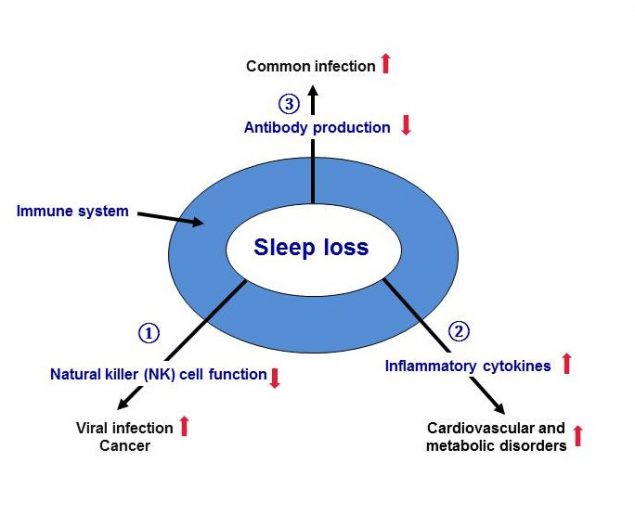
When you’re on a busy deal, preparing for trial, or otherwise slammed in life, sometimes shorter sleep is hard to avoid, but the more you can prioritize your sleep when you’re fighting an illness, the better able your body will be to fight the illness.
When I had COVID, but still wanted to keep working, I would do work “sprints” where I would muster enough energy to work for a few hours, take a nap, and repeat. I took two to three 30–45 minute naps each day for the first few days when my symptoms were worse. On those days, I billed about 6.5 hours each day—less than usual, but way better than trying to make up 45 billable hours and disrupting my team all week.

Exercise
During the week I had symptomatic COVID, I still exercised three times for the week.
I had run on Sunday, was symptomatic Tuesday, worked out indoors on Thursday, and by the end of the week, with symptoms receding, I went for a run at 8:00 p.m. in an area where I could avoid coming into contact with anyone.
When you’re ill, what can you still do for your body to keep it active? Stretching? Talking a walk? Light weight lifting in your living room?
Not everyone needs to exercise when ill, but, for me, it was the right choice. And just because someone does not feel perfect, doesn’t mean that they could not get in some light movement for their muscles. Some doctors say that exercising when you have “symptoms above the neck” like a “runny nose, sneezing” or a “mild sore throat” means that you’re still okay to exercise. Exercise may even help you feel better by opening your nasal passages and temporarily relieving nasal congestion.
